While Delhi excise department’s order targets liquor pilferage and adulteration, bar owners say that guests will get limited options, and ask how unsold inventory is to be dumped.
HIGHLIGHTS
- The Delhi government’s announced a new order that said all booze stocks older than eight days will be destroyed from August 31
- Beer, wine, champagne and alcopop can stay at counters only for three days
- Whiskey, gin, vodka, rum, scotch and tequila having a maximum retail price Rs 1,500 are required to be removed in five days
Liquor is a serious business in the National Capital. New Year’s Eve sales alone amount to Rs 30 crore. The figure for a whole year is more than Rs 4,000 crore. No wonder, any major policy change triggers uproar.
The Delhi government’s new order that all booze stocks older than eight days are to be destroyed from August 31 has done just that. The excise department has ‘pegged’ its move at checking pilferage, refilling, bootlegging, adulteration and ensuring good quality drinks for customers.
For instance, often ‘about to expire’ beer is bought in bulk at cheap rates and then served to customers. This might end. But the hospitality industry is not ‘high’ on it. Hotels, restaurants, pubs, bars and discotheques in areas such as Hauz Khas Village, Khan Market and Connaught Place feel the new time cap will increase corruption and limit premier brand options for guests.
They are still trying to figure out where and how they will destroy unsold stocks. Many hospitality bodies are already pushing hard for a rollback, saying the move will trigger massive losses. Nothing doing, the excise department has said so far.
THE NEW TIME CAPS
The excise department’s ‘first in first out’ policy says that stocks purchased first are to be sold first. Beer, wine, champagne and alcopop can stay at counters only for three days. Whiskey, gin, vodka, rum, scotch and tequila having a maximum retail price Rs 1,500 are required to be removed in five days. Liquors costing between Rs 1,500 and Rs 6,000 would have to be destroyed in eight days. In case such stocks are not destroyed within new time caps, they will be deemed to have been consumed and cannot be at counters. These stocks would need to be destroyed within seven days after inventories are made.
THE ACTION
Non-compliance of the order would result in suspension and cancellation of liquor licences. “The above directions should be strictly complied with. Any violation thereof may entail suspension and/or cancellation of the excise licence and black-listing,” the order said. Ajay Kumar Gambhir, assistant commissioner of the Delhi excise department and nodal officer for hotels, restaurants and bars, told Mail Today that the interest of consumers is a top priority. “Under this initiative, restaurants and bars cannot stock liquor for more than eight days. Violators may also face heavy fines. We’re also looking at curbing illegal trade and refilling of old liquor stocks. We’re working with local police to check adulteration,” he said.
BREWING BATTLE
Members of the Hotel and Restaurant Association of Northern India (HRANI) and other such bodies have met Delhi government officials. Private consultancy Indian Wine Academy voiced its concern, saying the government move will increase corruption manifold. “Restaurants and hotels would be at the mercy of their new lords and masters who draw considerable clout in any case, no matter which government is in power,” it said.
CONNAUGHT PLACE
At Connaught Place, the heart of Delhi, most restaurant and bar owners are losing their minds. Ardor 2.1 owner Suveet Karla said, “We don’t know for what reason it has been done. If it’s adulteration, the excise department can conduct checks on our premises.” “Why crucify us? Our menus will be limited. We won’t be able to have all varieties of premium brands that don’t sell every day. We will lose premium customers who actually sustain our business. We are already fighting so many other battles in terms of low pricing, rising rentals, service costs and inflation,” he said.
HAUZ KHAS VILLAGE
The mood is no different at Hauz Khas Village. “It will hit our business hard. We will lose customers, mostly students and youngsters who want to have a good time at a decent cost,” said the owner of an eatery. “We’re already under pressure from law enforcement and other regulators,” he said. “The order needs to be reworked immediately and we are very happy to sit with excise department officers and help as best as we can in putting together a plan to fix the system,” said AD Singh, MD of Olive Bar and Kitchen.
KHAN MARKET
“Most patrons consume premium brands and the market will be shaken by this order completely. We’re holding meetings to tide over this crisis,” said a bar owner.
CUSTOMERS’ TAKE
However, Parv who works for Thomas Cook in CP’s PVR Plaza said, “It is a very good move. We were always thinking what we are being served.” Interior designer Kuntal Agarwal also said the move will ensure quality. “But I doubt premium brands will be available anymore,” he said.
HEALTH EXPERT’S NOTE
Senior doctor Vikramjeet Singh said that with adulteration being a concern, the move would reduce mixing of old and new alcohol, which is often done at bars. “Alcohol adulteration is one of the major reasons for several health complications,” he said.




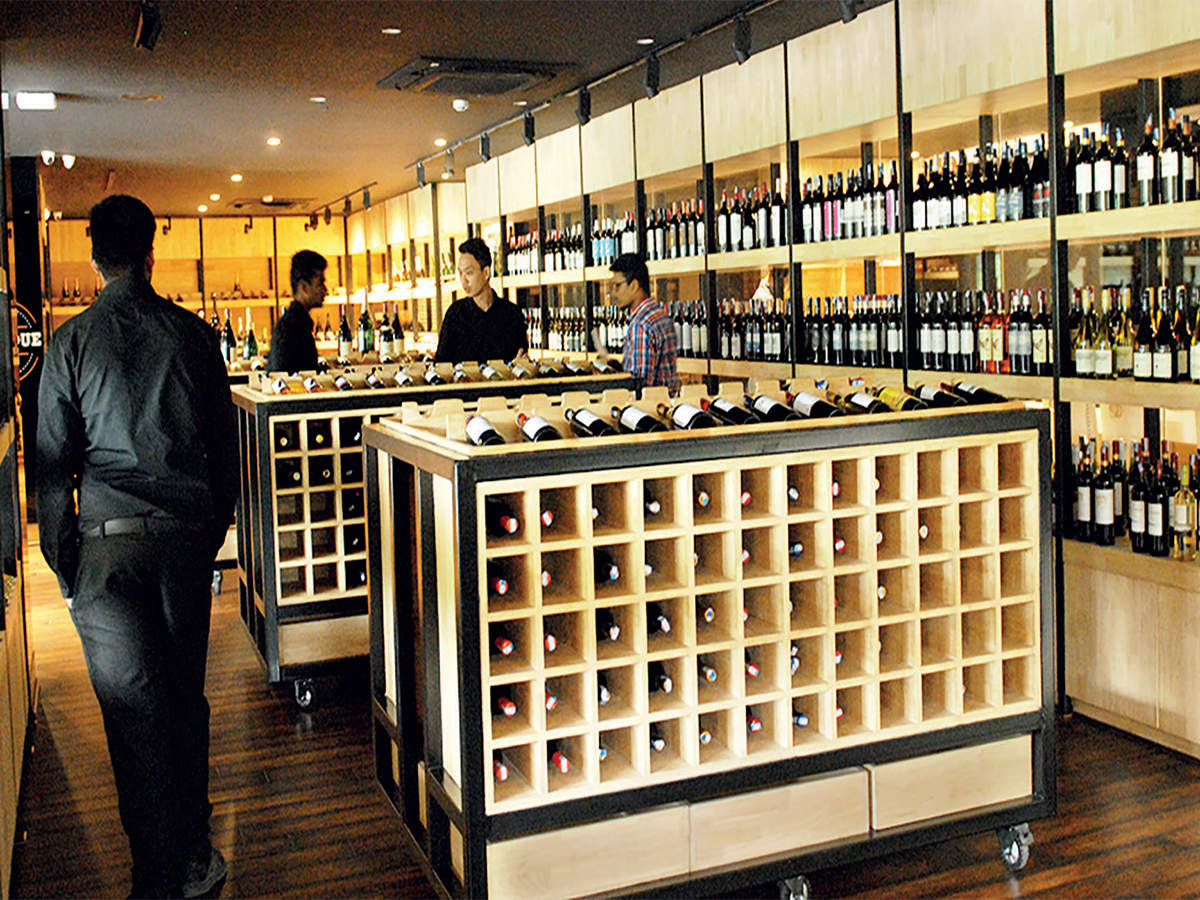
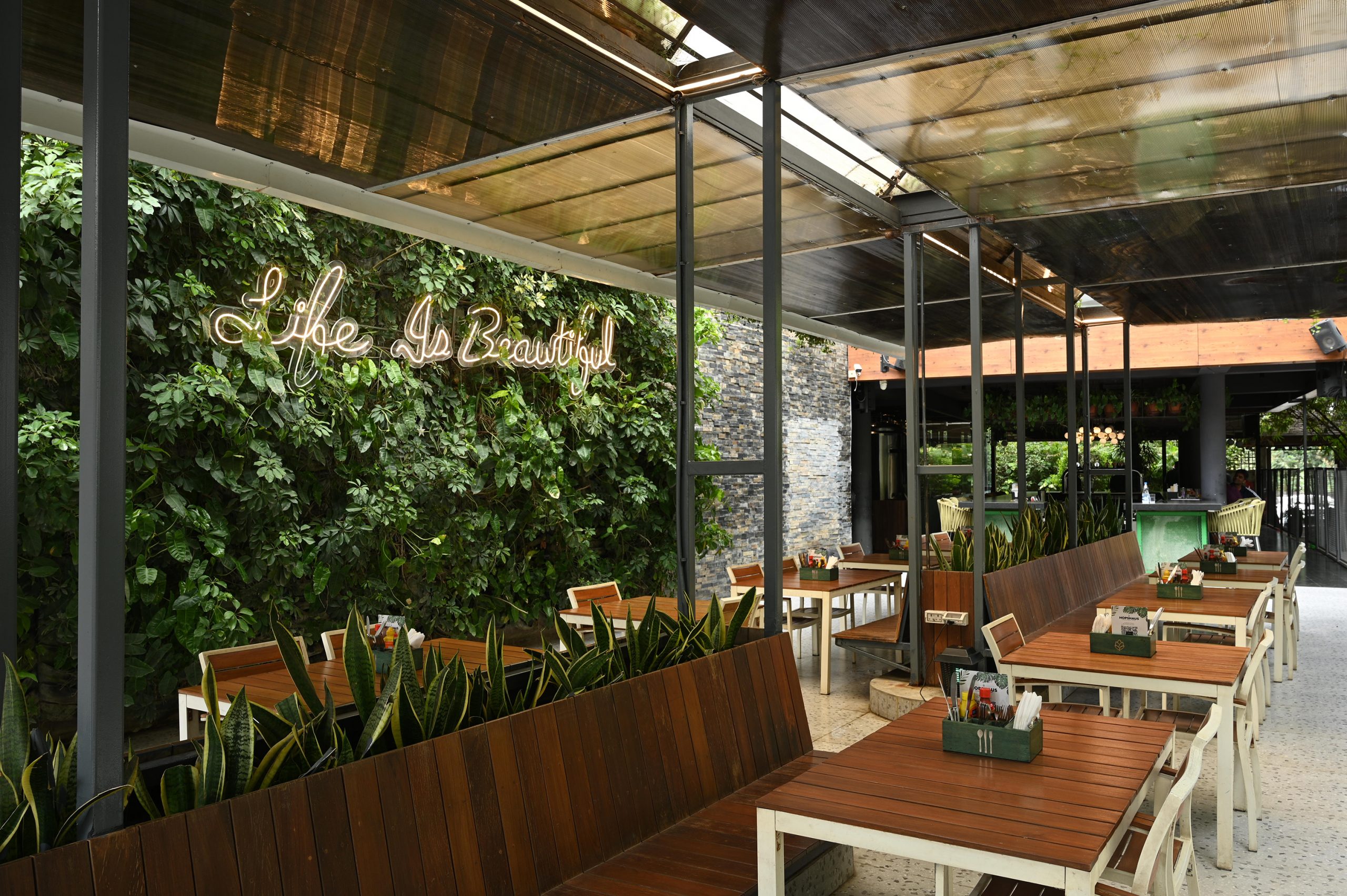






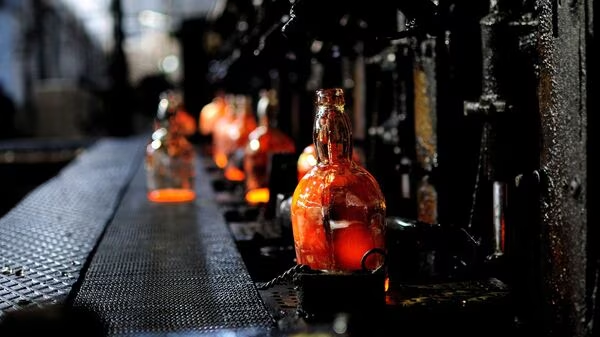
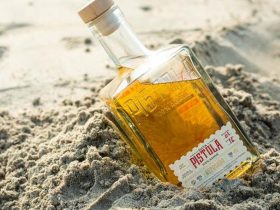

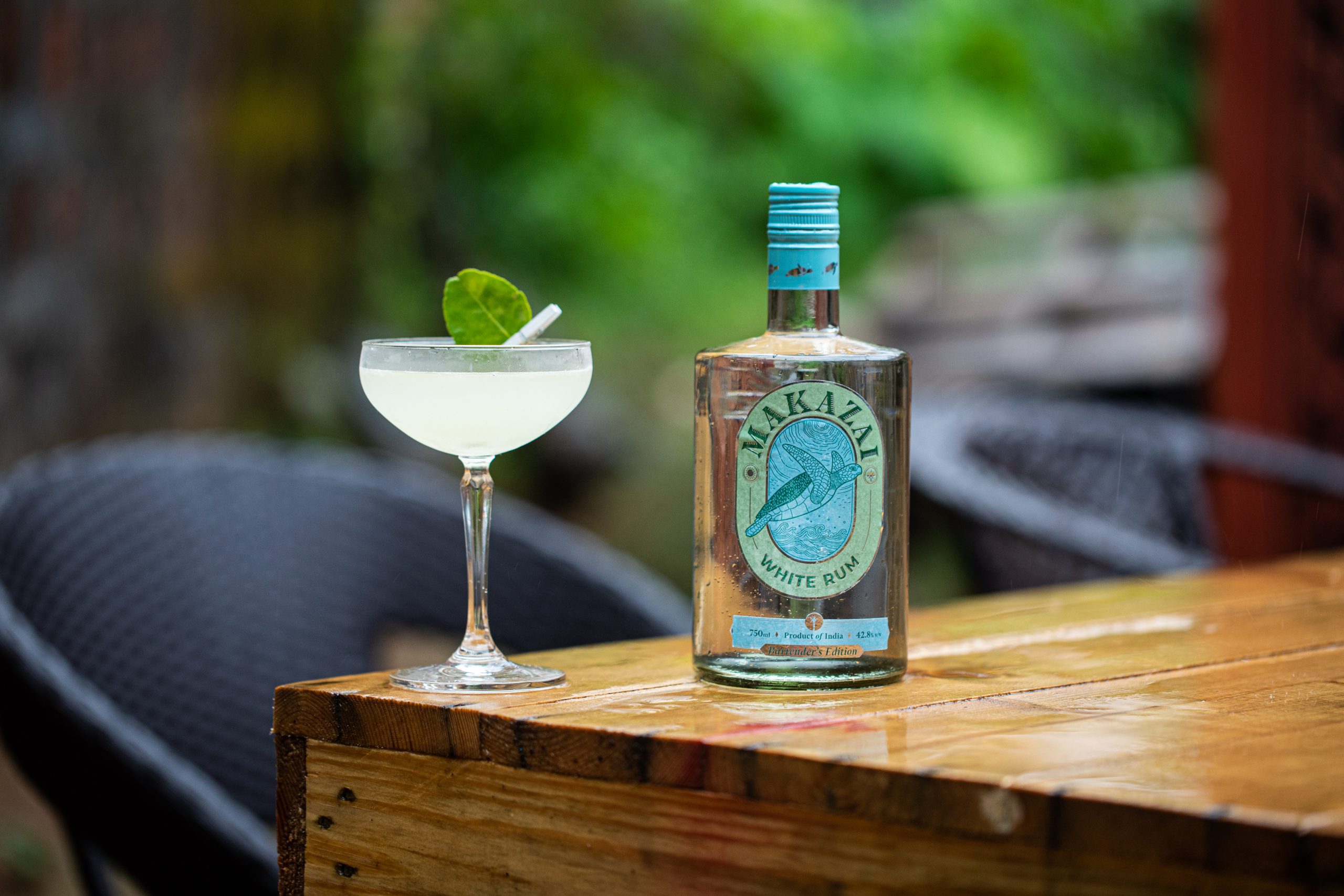
Leave a Reply